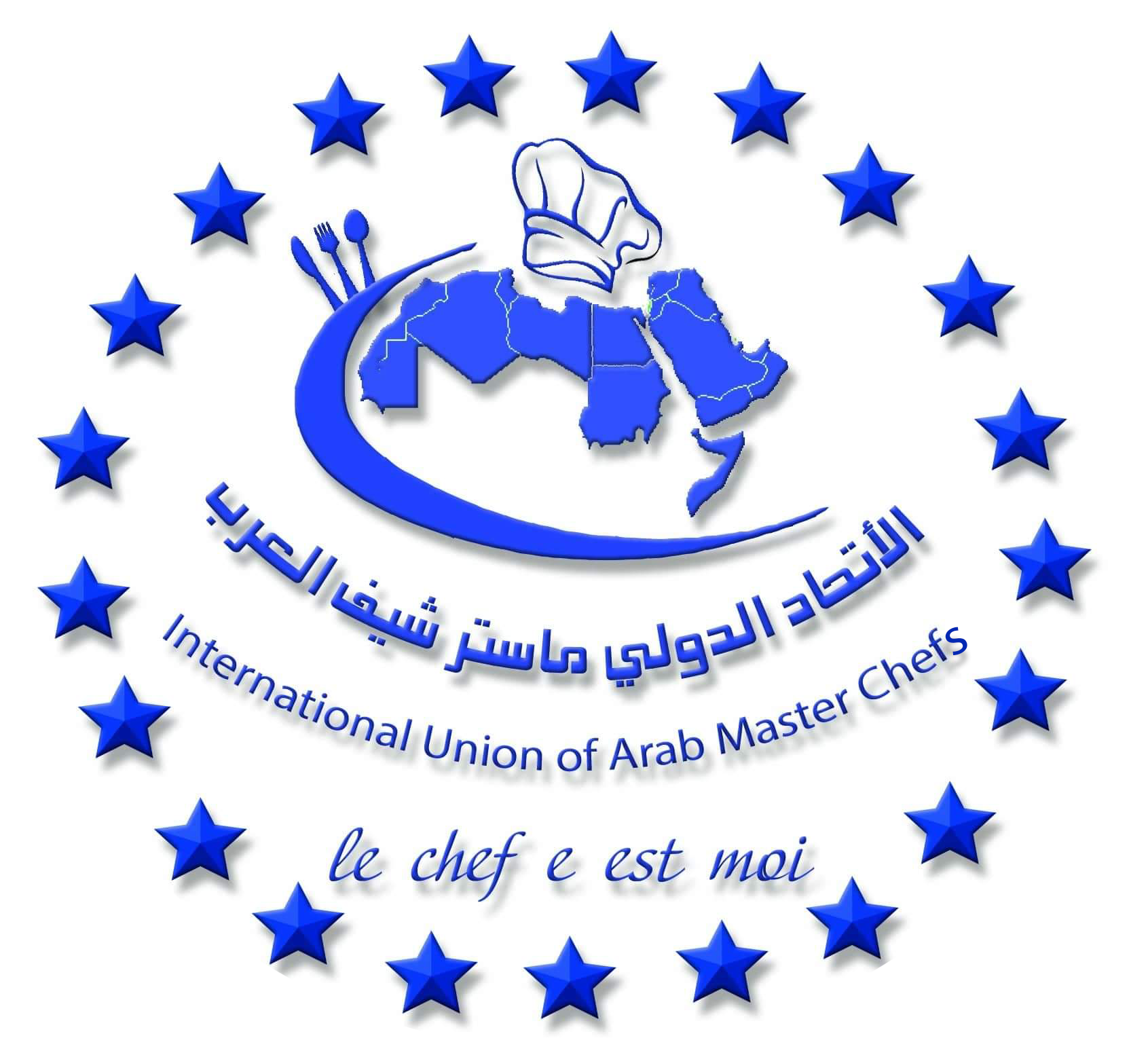"International Judging in Culinary Arts: Quality, Transparency, and Innovation” compiled by Master Chef Ahmed Al Maadarani.
International judging in culinary arts is one of the most important aspects contributing to the development and enhancement of quality and innovation in this field. The judging relies on precise principles and standards that ensure fairness and transparency in evaluating dishes and chefs. Among these principles is the establishment of unified standards encompassing flavor, presentation, innovation, technique, cleanliness, and serving, which must align with internationally recognized standards to ensure consistency and transparency.
Neutrality and fairness are fundamental principles in international judging. Judges must be neutral and unbiased towards any participant, avoiding any external influence or personal interest. Additionally, judges should possess extensive experience and deep knowledge of culinary arts, undergoing advanced training to ensure their ability to evaluate accurately.
The documentation and recording process play a crucial role in international judging, where all judging results must be meticulously documented and transparently reported. Detailed analysis and comparison of different dishes ensure a precise and fair evaluation, with a focus on cultural diversity and innovation in culinary arts.
Effective communication and providing constructive feedback to participants are fundamental principles for improving performance and developing skills. Adherence to professional ethics and credibility in all aspects of judging enhances the credibility and attractiveness of international competitions.
In summary, international judging in culinary arts is based on a set of standards and principles that ensure fairness, transparency, and quality in dish evaluation, contributing to the development of this refined art at the global level. International judging in culinary arts serves as an effective tool to motivate chefs to present their best through adherence to global standards and benefiting from constructive feedback. This process extends beyond dish evaluation to include providing support and guidance to ambitious chefs.
International judging also requires meticulous coordination and organization to ensure the smooth and effective conduct of competitions. Organizers must ensure a fair and neutral environment for all participants, in addition to providing the necessary tools and equipment for judging.
Cultural diversity in international judging is a significant advantage, allowing chefs from various parts of the world to showcase their diverse creativity and skills, enhancing the exchange of cultures and knowledge in the field of culinary arts. Innovation and creativity are criteria of particular interest in international judging, encouraging chefs to present new and innovative dishes that reflect their cultural and artistic identity.
Furthermore, international judging in culinary arts promotes collaboration and partnerships among chefs, enabling them to exchange experiences and experiments with their colleagues from different countries. This exchange can lead to the discovery of new techniques and innovative cooking methods, contributing to the evolution of this art.
In conclusion, international judging in culinary arts is not just an evaluation process of dishes but an integral part of a system aimed at improving quality and innovation in this field. Through commitment to global standards, neutrality, and fairness, international judging can contribute to achieving excellence and international recognition for talented chefs, opening up wide horizons and new professional opportunities on a global scale.
Source: Book "From Culinary Experts to International Judges: The Role of Culinary and Taste Judging" compiled by Master Chef Ahmed Al Maadarani."




